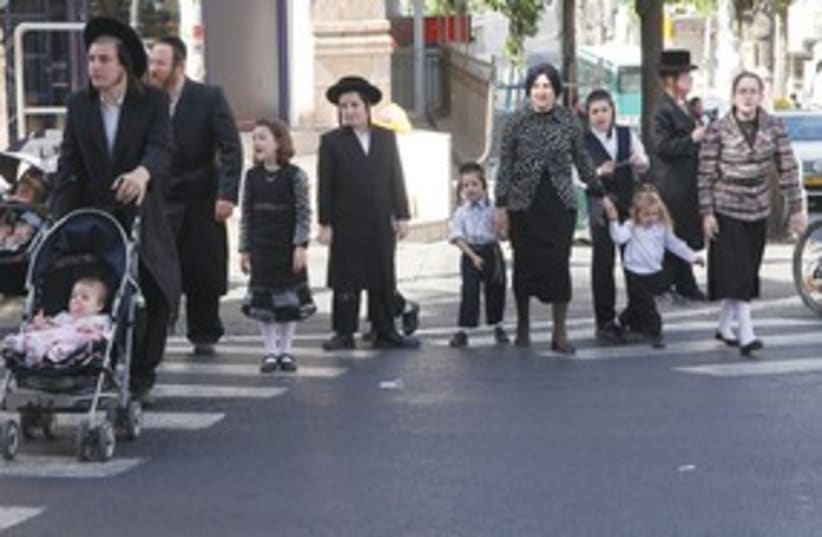The writer is a journalist and commentator. This article is also available on our website’s Premium Zone.
Senseless no-go zones
It is an absurd situation when our men in blue cannot enter certain haredi and Arab neighborhoods because of extreme violence they encounter.

The writer is a journalist and commentator. This article is also available on our website’s Premium Zone.